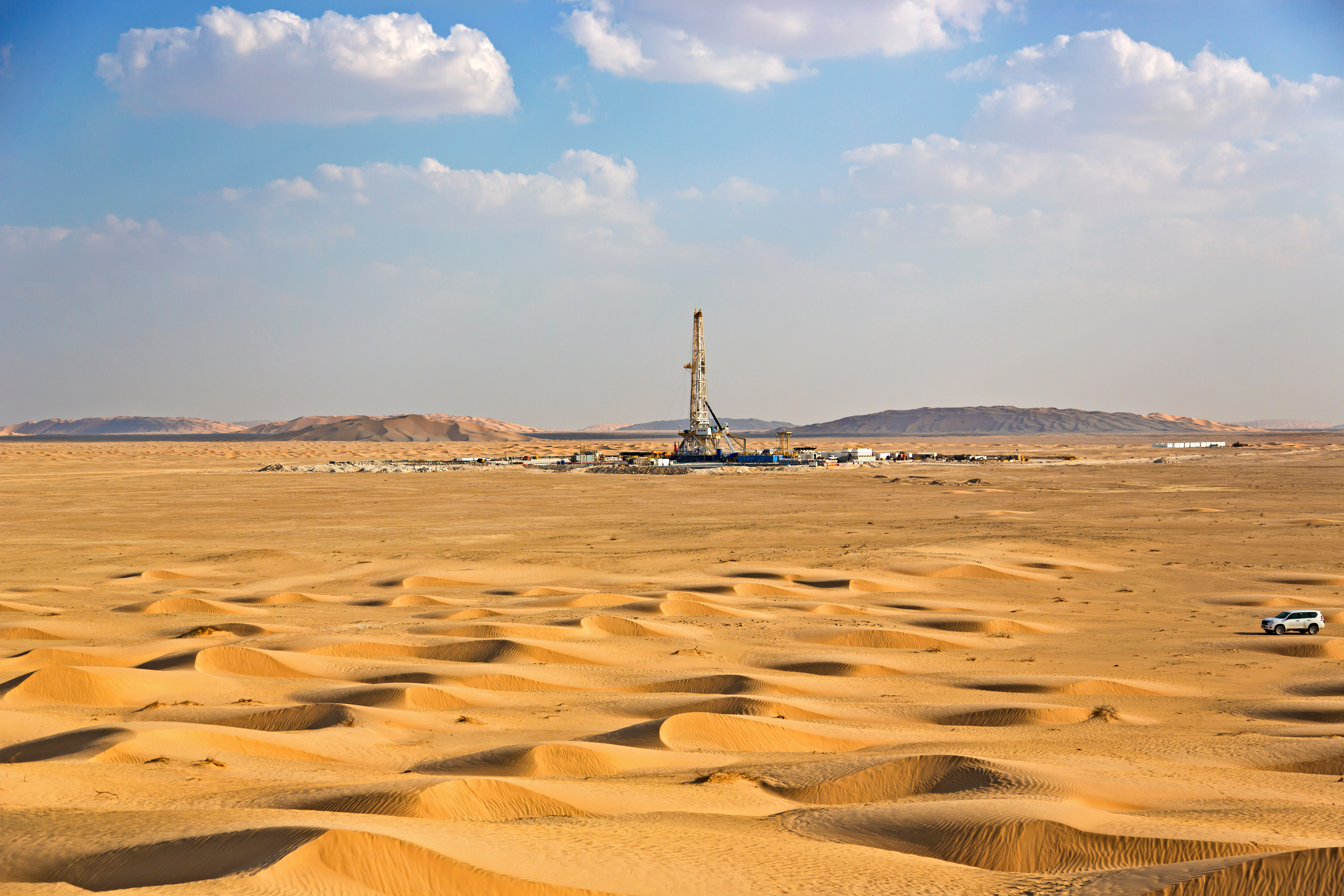Main missions
The Well Inspector is responsible for ensuring that drilling wells at oil and gas sites function properly. This involves conducting regular inspections, identifying potential issues, recommending solutions to enhance well performance, and ensuring compliance with safety and quality standards. They also coordinate with intervention teams to address identified issues and prevent incidents.
Job activities
-
Regular Inspection: Conduct periodic inspections of wells to assess their condition and compliance with standards.
-
Data Analysis: Analyze the collected data from inspections to detect signs of failure or wear and propose corrective measures.
-
Preventive Maintenance: Recommend preventive maintenance actions to prevent potential issues.
-
Inspection Reports: Prepare detailed reports on inspection findings, including recommendations for repairs or improvements.
-
Intervention Coordination: Collaborate with maintenance teams to plan and execute necessary repairs or enhancements.
-
Regulation Monitoring: Ensure wells comply with safety and environmental regulations.
-
Training and Awareness: Train staff on safety practices and inspection procedures.
-
Technological Awareness: Stay updated on technological advancements in well inspection to improve existing practices.
Required skills
A Well Inspector in the oil and gas sector must have the following skills:
-
In-depth knowledge of well inspection techniques.
-
Analytical skills to interpret inspection data.
-
Problem-solving abilities to recommend effective solutions.
-
Strong communication skills for report writing and team collaboration.
-
Strong sense of safety and regulatory compliance.





